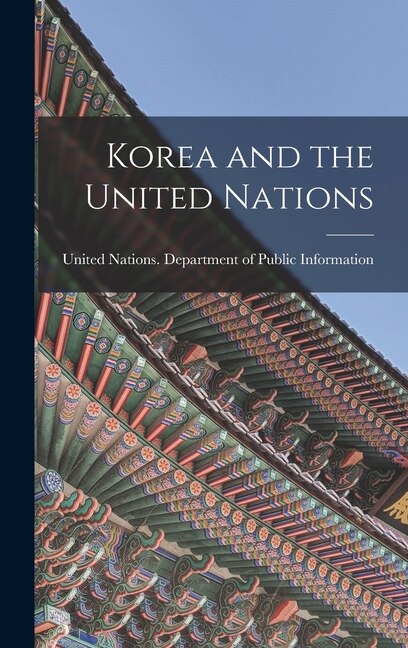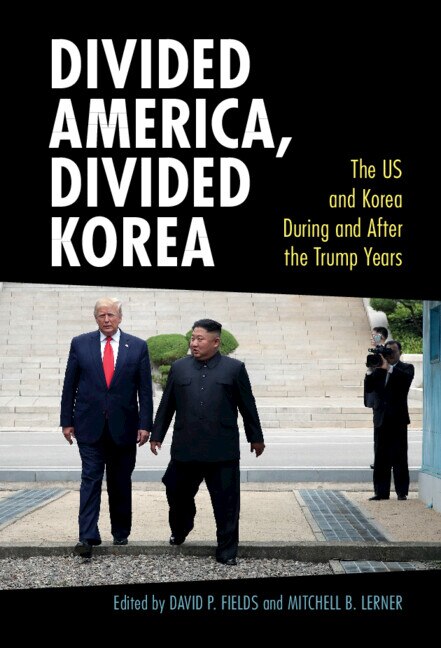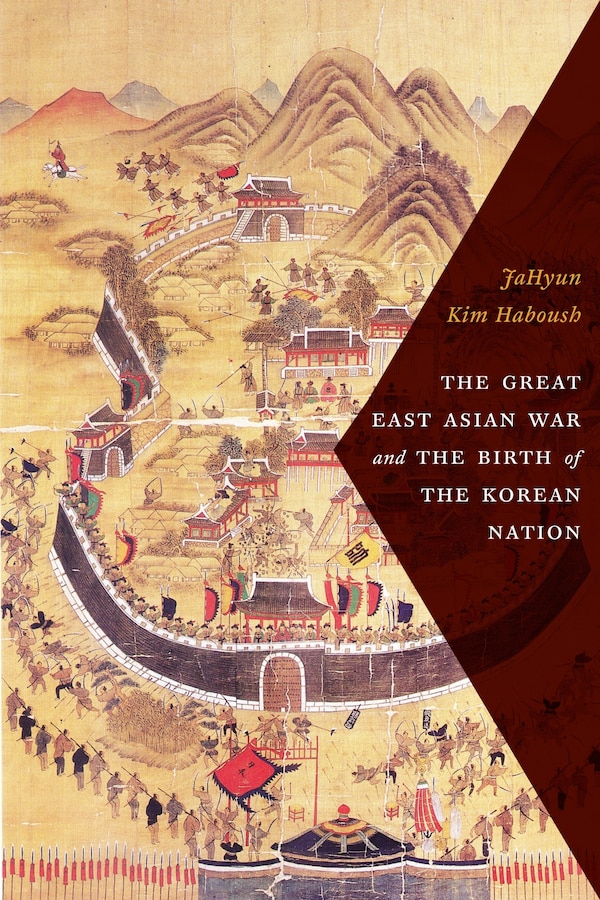Home
Korean Unification And The U.s. Army by David A Danikowski, Paperback | Indigo Chapters
Loading Inventory...

Korean Unification And The U.s. Army by David A Danikowski, Paperback | Indigo Chapters
From David A Danikowski
Current price: $60.51


From David A Danikowski
Korean Unification And The U.s. Army by David A Danikowski, Paperback | Indigo Chapters
Current price: $60.51
Loading Inventory...
Size: 0.12 x 9.69 x 0.27
*Product information may vary - to confirm product availability, pricing, shipping and return information please contact Coles
The U. S. National Security Strategy states that peaceful resolution of the Korean conflict with a non-nuclear, reunified peninsula will enhance stability in the East Asian region and is clearly in the strategic interest of the United States. The U. S. Army performs a pivotal role in pursuing national objectives, policies, and commitments. Strategy includes organizing and connecting the ends, ways, and means for all the instruments of national power (diplomatic, informational, military, and economic). This monograph addresses a strategy for Korean unification through non-conflict scenarios. The issue of Korean unification is viewed in the context of the Northeast Asia region and a proposed U. S. strategy for Korean unification and a potential role for the U. S. Army is presented in the context of regional interests and international implications. Given the historical and regional situation in 2001 this monograph addresses the principle question: If the desirable conditions attain and unification proceeds, does the U. S. Army have a role in Korean unification? Regional history makes Korean unification an issue beyond the confines of the peninsula. Historical interactions among the great powers make Korean unification a regional problem with international ramifications. The monograph explores the sources of power (geography, population, economy, national will, and national direction) which inform the strategy. The long range missile threat posed by North Korea's weapons program also threatens stability in the region. This threat has provided an impetus for President George W. Bush's pursuit of national missile defense (NMD) and theater missile defense (TMD)-particularly regarding South Korea, Japan, and Taiwan. Though ROK President Kim Dae Jung's stated policy includes no intention to harm or absorb North Korea, a collapse would certainly cause this policy to be overcome by events. North Korea can no longer present itself as an alternative model for unification, and the | Korean Unification And The U. s. Army by David A Danikowski, Paperback | Indigo Chapters | Korean Unification And The U.s. Army by David A Danikowski, Paperback | Indigo Chapters


















